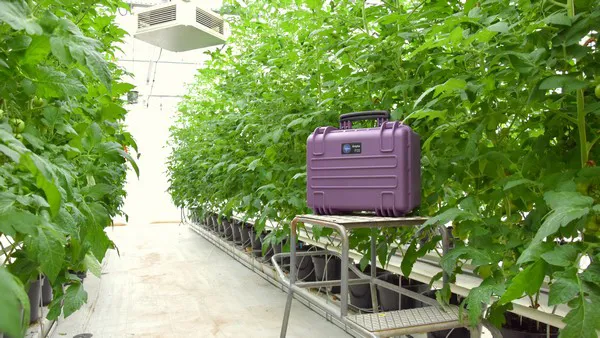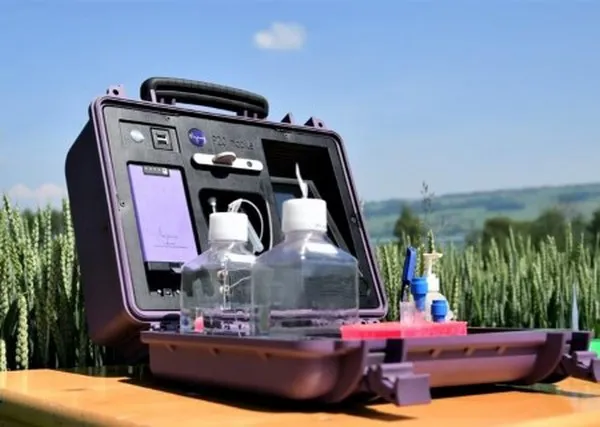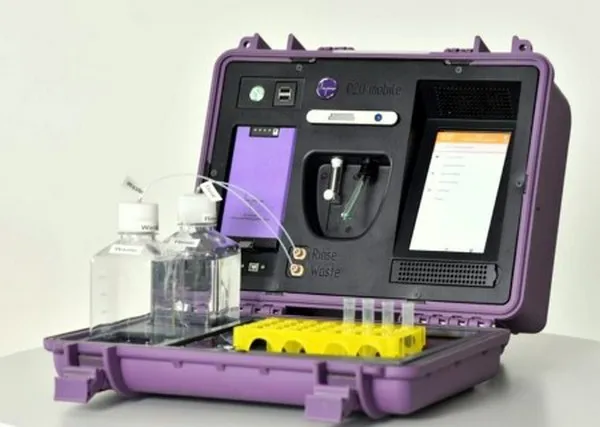The viability of pollen plays a crucial role in plant breeding and seed production. In plant breeding, the determination of pollen viability, pollen amount, and pollen shed dynamics are important parameters for phenotyping. In seed production, manual pollination is a costly and time-consuming factor, and the quality of pollen should be verified. Therefore, routine analysis and quality control of pollen are important to efficiently allocate resources and make data-driven decisions. Amphasys’ innovative technology forms the basis of systematic pollen analysis.

Amphasys announced on June 22nd, the global launch of the next generation pollen analyzer Ampha P20. The portable and fully autonomous instrument is the first device to enable pollen quality analysis outside the lab: in the greenhouse and in the field. The new generation of pollen analyzers furthermore provides an improved ease-of-use and completely automated data analysis.
“Viable pollen is crucial for obtaining high fruit and seed yields and to breed new varieties which resist the environmental impacts of climate change. With our new instrument we support our customers in breeding and seed production to obtain more, faster, and better information about pollen quality,” says Dr. Marcel Ottiger, CEO and Co-founder at Amphasys.

“Let me give you an example: for the first time, it is possible to measure short-lived pollen of crops like wheat and corn directly in the field! This is a huge improvement in hybrid breeding of these important staple crops as it allows systematic line characterization on the basis of measurement data.”.
The new Ampha P20 will be supplied with crop and application-specific microfluidic chips which enable automated data analysis and immediate results.
The Ampha P20 will be available by the end of 2021. For more information, please visit the link product landing page.

For more information:
Amphasys
www.amphasys.com
